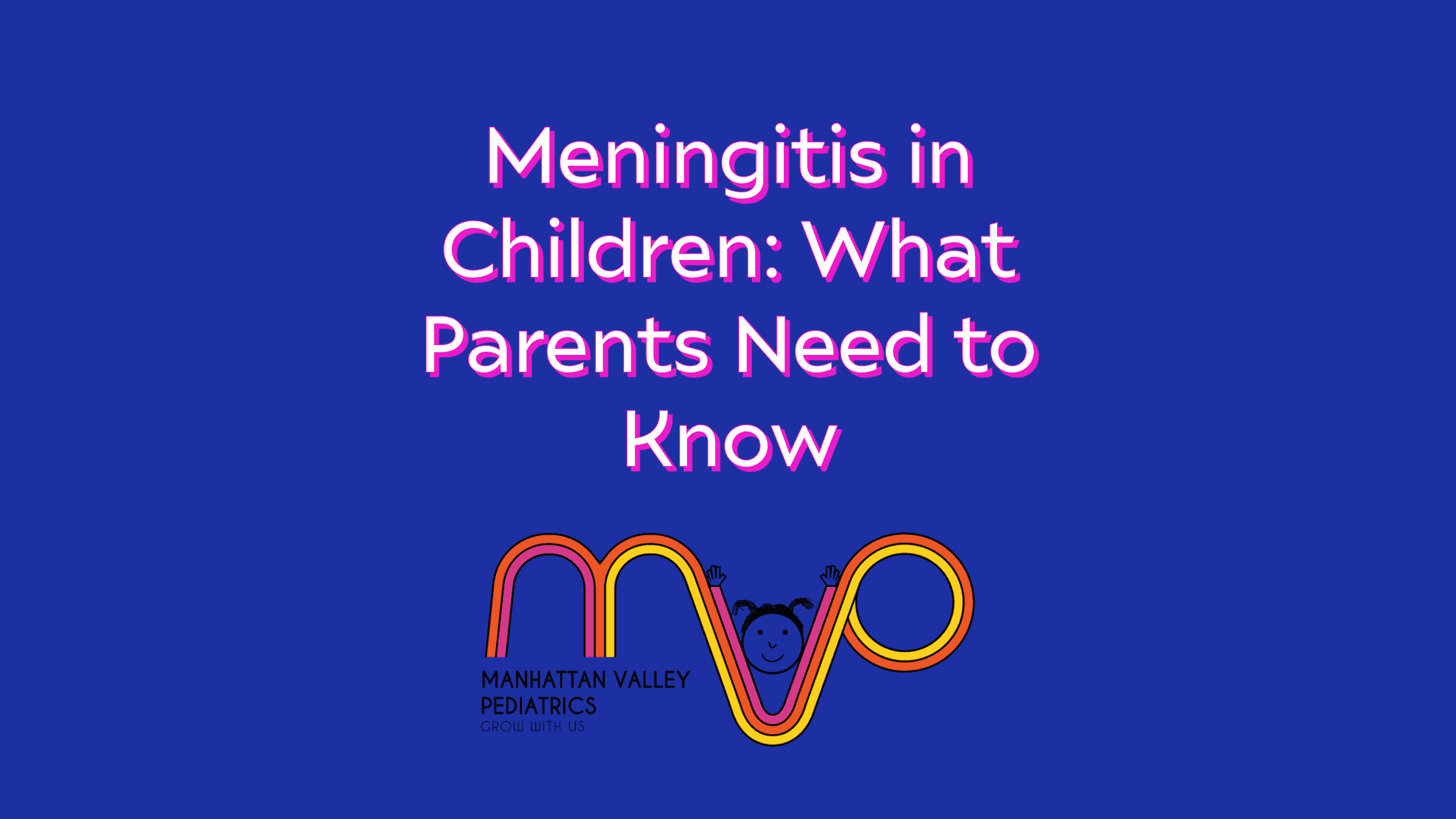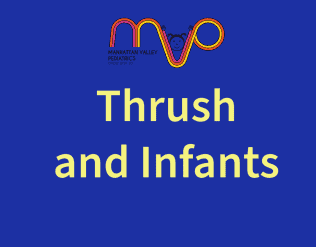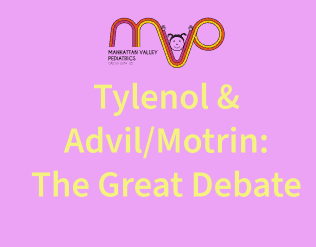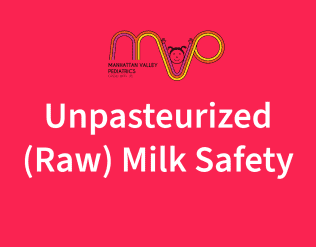Meningitis in Children to Young Adults: What Parents Need to Know
Meningitis is a severe infection that causes inflammation of the protective membranes (meninges) covering the brain and spinal cord. It can affect people of all ages, but infants, young children, and adolescents are at higher risk. As pediatricians, one of our most important roles is educating parents about this potentially life-threatening condition, including how to prevent it through vaccination and recognizing the signs and symptoms.
Signs and Symptoms of Meningitis
Meningitis symptoms can appear quickly, especially in bacterial cases, and may include:
- High fever
- Severe headache
- Stiff neck
- Sensitivity to light
- Confusion or difficulty concentrating
- Seizures
- Skin rash (sometimes with bacterial meningitis)
In infants, symptoms may be less specific:
- Irritability
- Incessant crying
- Lethargy or sluggishness
- Poor feeding
- Bulging fontanel (soft spot on the head)
Types of Meningitis:
Meningitis can be caused by different infectious agents, each with its characteristics:
Bacterial Meningitis
- Caused by bacteria such as Streptococcus pneumonia, Neisseria meningitidis, Haemophilus influenza type b (Hib), and Listeria monocytogenes.
- The most severe form can be life-threatening if not treated promptly.
- Symptoms usually develop rapidly, within several hours to a few days.
- It may cause more pronounced neck stiffness, headache, and altered mental state than other types.
- Some forms can lead to a characteristic rash that doesn’t blanch under pressure.
- Requires immediate hospitalization and IV antibiotics.
Viral Meningitis
- Caused by enteroviruses, herpes simplex virus, and mumps virus.
- It is more common and usually less severe than bacterial meningitis.
- Symptoms may develop more gradually, including fever, headache, stiff neck, sensitivity to light, and lethargy.
- Typically resolves without specific treatment but may sometimes require hospitalization for supportive care.
Fungal Meningitis
- Caused by fungi such as Cryptococcus, Candida, and Histoplasma.
- It is rare in healthy individuals and more common in those with weakened immune systems.
- Symptoms may be more subtle and chronic, developing over weeks to months.
- It can include fever, headache, stiff neck, confusion, and vision problems.
- Long courses of high-dose IV or oral antifungal medications are required.
Meningitis Vaccines
- Hib vaccine: This vaccine protects against Haemophilus influenza type b. It is given as a series at 2, 4, and 6 months old, with a booster between 12 and 15 months.
- Pneumococcal vaccine: This vaccine protects against Streptococcus pneumonia. It is given as a series at 2, 4, 6, and 12-15 months old.
- Meningococcal vaccines: Protect against Neisseria meningitidis. Two types are given at different ages: MenACWY vaccine: First dose at 11-12 years old, booster at 16.
- MenB vaccine: This vaccine may be given to teens and young adults 16-23 (preferably at 16-18) or younger children at high risk.
It’s especially important for preteens, teens, and young adults to get the meningococcal vaccines before living in close quarters like summer camps or college dorms. Neisseria meningitidis bacteria can spread easily through respiratory secretions like coughing, kissing, or sharing drinks. Many colleges now require proof of meningococcal vaccination for incoming students. If your teen is heading to camp or college, ensure they are current on these important immunizations.These vaccines are very safe and effective at preventing common causes of bacterial meningitis. However, not all causes are vaccine-preventable (particularly viral and fungal), so awareness of the symptoms remains essential.
Diagnosis and Treatment
- A thorough clinical exam
- Blood tests to check for signs of infection
- Imaging tests like CT or MRI to look for swelling or inflammation
- Lumbar puncture (spinal tap) to analyze the cerebrospinal fluid, which can indicate the type of infection
Treatment depends on the specific cause:
- Bacterial meningitis requires immediate IV antibiotics and close hospital monitoring. Steroids may be given to reduce inflammation.
- Viral meningitis often resolves on its own but may require hospitalization for IV fluids, pain control, and monitoring in more severe cases. Antibiotics are not effective against viruses.
- Fungal meningitis is treated with long courses of high-dose IV or oral antifungal medications, often for several months. Treatment may need to be continued long-term in those with weakened immunity.
- The infected individual is isolated and treated.
- Close contacts are identified, informed, and monitored for symptoms.
- Preventive antibiotics or vaccines may be given to close contacts, depending on the type of meningitis.
- Thorough cleaning and disinfection of shared spaces are performed.
- Educational materials are provided to raise awareness of symptoms and prevention.
Ensure your child stays current on their meningitis immunizations, and don’t hesitate to seek medical care if you have any concerns about possible symptoms. As pediatricians, we’re always here to answer questions and guide your family to stay healthy and safe.




